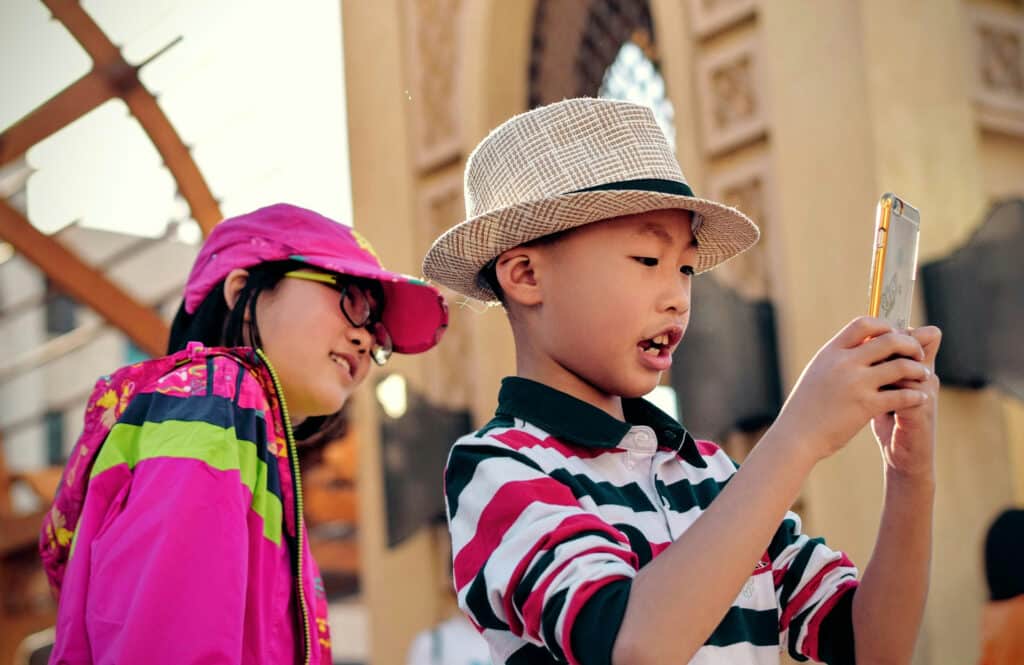IRVING, Texas ? For Baptist women excluded from the senior pastorate, why spend time and energy training for ministry in the local church at a Southern Baptist seminary? This question, often asked by critics of the Southern Baptist Convention, is being addressed by all six seminaries supported by the Southern Baptist Convention’s Cooperative Program.
The backlash against the article on the church in the Baptist Faith & Message 2000 engendered a feeling that Southern Baptists believe women do not play an important role in the church, said Heather King, one of two females that served on the committee to revise the historic confessional statement.
“In authoring the statement on women serving in the local church, the committee fully realized that both Scripture and the testimony of Jesus designates women as integral ministry initiators and coworkers,” said King, who was recently named women’s program coordinator at Southern Baptist Theological Seminary, in Louisville. “That is why it is so important for women to be present in seminary classrooms, so they can be equipped for ministry.”
Critics of the confessional statement expected female attendance in Southern Baptist seminaries to drop in the post-convention meeting media blitz that labeled the SBC as misogynist. However, statistics from all six schools indicate female enrollment has remained the same or is growing. For example, in 1991 Southeastern Baptist Theological Seminary reported 85 female students on its main campus. In 2002, the number jumped to 506, a 495 percent increase in total female student population at the Wake Forest, N.C., school.
The irony of this situation is not lost on Terri Stovall, women’s program director for Southwestern Baptist Theological Seminary in Fort Worth as female enrollment at SWBTS has remained steady, up from 670 females enrolled last spring.
“I have seen local churches opening the doors to women for all types of ministry opportunities. The BF&M 2000 affirms and empowers women to discover the gifts, talents and passion that God has given her and then seeking out where best to use those gifts in the local church,” said Stovall, who also serves as assistant professor of adult education and aging in Southwestern’s school of educational ministries. “I know of women and have friends who serve as church administrators, music worship leaders, educational ministers, student ministers, children and preschool ministers and yes . . . even women’s ministers.”
In the fall of 2002, 692 women were enrolled in classes on Southwestern’s main campus, 178 of which were pursuing the Master of Arts in Christian Education degree. This degree, which offers a concentration in Women’s Ministry, is comprised of 70 hours and has been in place at the seminary since 2000. The degree includes 14 hours of seminary core classes, 12 hours of theology classes and 32 hours of courses within the school of educational ministries. The concentration in women’s ministry includes courses such as women’s issues, adult development psychology, counseling with Scripture, and speech and oral interpretation.
Stovall, who helped design the curriculum for the women’s program at SWBTS, stated that the degree equips women to fulfill “a myriad of leadership roles” as a lay leader, church staff, denominational employee, or missionary.
“My vision is that the women’s ministry programs at SWBTS equips women to make a difference for the kingdom of God in whatever context they are placed,” Stovall said. “My dream is to begin to take this training to other states and even other countries. A number of my students are international women who want to impact the families from their home country and often the best way to do that is woman to woman.”
The seminary also offers a certificate program to train women currently ministering in the local church, but who are unable to attend classes full time. SWBTS also seeks to equip the wives of students to be partners in ministry with their husbands. This year, the Texas seminary established a leadership certificate in women’s ministry with new courses being added each year in the area of women’s ministry, teaching and counseling for women.
Southern Baptist Theological Seminary in Louisville, Ky., is also creating new programs for women. In 2002, the seminary hired King as its first full-time women’s program director.
“The growing trend is toward large churches hiring both part-time and full-time women’s directors. Even more important, the next five to seven years will be pivotal in Southern Baptist life as many state convention women’s directors are nearing retirement,” King said. “As women answer God’s call to serve and seek out specific programs to equip them for ministry, the pool of seminary-educated women grows. This not only benefits the local church, but the denomination as a whole.”
King is also working to implement 15 hours of academic courses to prepare women for ministry in the local church and church agencies. The women’s ministry courses are a part of the master of arts in Christian education degree or the master of divinity degree, allowing full-time students to receive “specialized preparation for woman-to-woman ministry.” Theology, communication and leadership skills, missions and evangelism, and the practical application of ministry skills are all emphasized in this program.
Another new development on the seminary’s collegiate level is the introduction of a Women’s Ministry Institute that will equip women unable to enroll as full-time students. Because courses will be held in three to five day workshops, King said the institute will benefit women who are currently ministering in their church but seek supplemental training. In 2001-2002, women outnumbered male students enrolled in Boyce College, 51 to 49 percent. Women enrolled in Boyce college also outnumbered other women enrolled in graduate degree tracks in the seminary such as theology, music, church ministry, and missions and evangelism.
Additionally,







